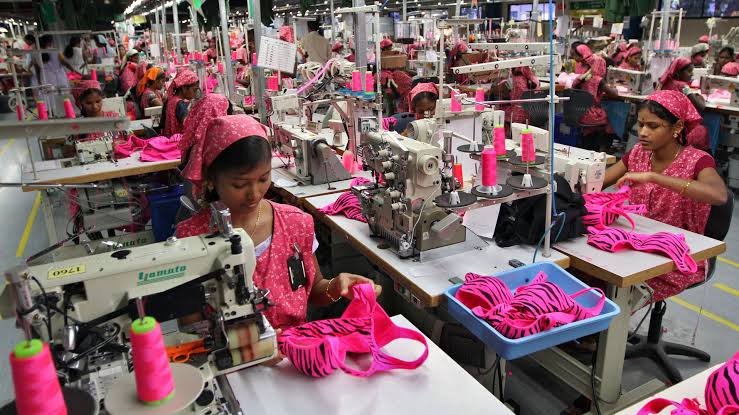
Misconceptions Surrounding Women Returning to Work
When women reenter the workforce, they often encounter numerous misconceptions and biases that, unfortunately, lead many companies to overlook them for job opportunities. These misconceptions, rooted in deep-seated prejudices, pose significant barriers to women’s career progression. Here are some of the prevailing misconceptions:
1. Lowered Career Aspirations: Taking a career break is often unjustly associated with lower professional ambitions for women. There’s a prevailing assumption that women opt for a break because they lack sufficient desire for career advancement, solely prioritising their family or other commitments at that particular juncture.

Fact: They are driven by their careers and maintain their passion throughout. In fact, their ambitions may be further fortified during their break periods.
2. Lack of Dedication: If a woman has to take a career hiatus due to family commitments, potential employers often assume that she might be less committed to her profession, presuming that her family will consistently be her top priority.

Fact: They have a deep understanding of prioritisation and excel at balancing work and life. Their dedication to their job is equal to that of newcomers or those who have been continuously employed.
3. Outdated Skills: They are perceived to possess outdated skills or be less capable than those currently employed. There is a commonly held misunderstanding that their proficiency or ability to perform tasks may have diminished during their time away from employment.

Fact: Many women maintain or even enhance their skills during their career breaks through volunteering, freelance work, or further education.
4. Difficulty in Adapting: Their capacity to adapt to evolving work conditions is frequently doubted. There’s a mistaken belief that they struggle to adjust to changes in the workplace, such as technological advancements or shifts in industry trends.

Fact: They exhibit high adaptability, often learning to adapt to circumstances while managing family responsibilities. They demonstrate the ability to quickly learn new skills and adjust to the evolving work environment.
5. Restricted Career Advancement: There’s a widespread assumption that those who have taken career breaks face limited career advancement opportunities compared to their continuously employed peers.

Fact: They might experience a slower pace of career progression in the initial stages, but they can leverage their valuable skills, diverse experiences, and established networks from their previous professional endeavours to advance in their careers over time.
Misconceptions and prejudices only impede progress and can lead to overlooking genuine talent. Accepting career restarters back into the workforce without prejudice ensures that valuable skills and perspectives are recognised and utilised effectively.




